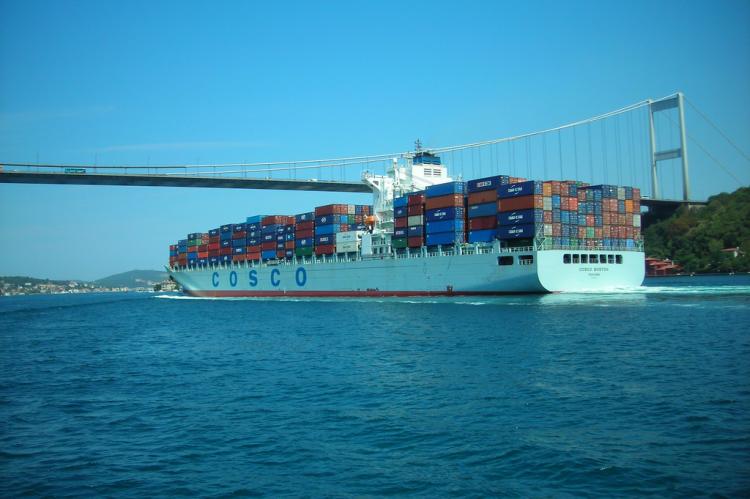Does Turkey have unsustainable debt in foreign currency?
Foreign media outlets claim Turkey will probably have difficulties in repaying foreign currency debts because of exchange rates while Turkey’s economic data shows opposite
Turkey’s currency lira hit a record low in the last 18 years on 10 August 2018 with 1 US dollar equal to 6.8 Turkish liras. Since then, the lira has started to recover and gain back its value against the dollar.
The latest slide in the foreign exchange rates were the result of the so-called economic war between Turkey and the US triggered with the detention of the American pastor Andrew Brunson who is accused of aiding the PKK and the Fetullah Terror Organization (FETO).
With the latest decrease of the Turkish lira’s value before that of US dollar, some international media outlets were claiming that Turkey was going towards “an economic disaster” with the devaluation of the lira because of “the unsustainable levels” of the private sector’s debt in foreign currency. Some media outlets even alleged that Turkey could need an IMF bailout to restore the economic situation.
However, Turkey’s economic data shows no indication of sliding towards an economic crisis. In fact, within G20 countries, Turkey has the second smallest debt ratio both in terms of government debt and private debt.
Turkey’s government debt equates to 28 percent of its gross domestic product (GDP) while Japan’s government debt is equal to 253 percent of its GDP, followed by Italy having a debt that is equal to 131 percent of its GDP. Indeed, experts suggest that the biggest threat to the European markets is not Turkey, but Italy given its high debt ratio.
It is alleged that several companies may fall short to pay back their loans taken in foreign currency because of the valuation of the US dollar and if so, Turkey’s domestic resources may not be able to cover the private sector’s total debt in foreign currency amounted $221.7 billion. However, unlike what is claimed in certain media outlets, financial statistics and data show that Turkey would not face a problem in covering this debt.
The banks in Turkey has a liquidity of $295.3 billion while Turkey’s non-financial private sector has $184.8 billion according to the data of the Turkish Central Bank. Additionally, the Turkish Central Bank has foreign currency reserves of $74 billion and gold reserves of $22.8 billion even if the banks have to be supported in case of non-performance of loans.
Adnan Bali, the CEO of Turkey’s largest bank Turkiye Is Bankasi, stated that the latest slide in the lira’s value “cannot be explained by the country’s economic fundamentals” and that the Turkish lira is facing a “serious speculative attack.” Spain’s second largest bank BBVA, which is also the main shareholder in Turkish Garanti Bank, expressed confidence in the Turkish economy. “We remain comfortable with our current position (in Turkey),” the bank stated.
Finally, the spokesperson for the International Monetary Fund (IMF) said that they did not see any indication that Turkish authorities would ask for financial assistance from the fund. During the global financial crisis of 2008, it was also alleged that Turkey may have no other choice than resorting to the IMF bailout, which had not been the case.



